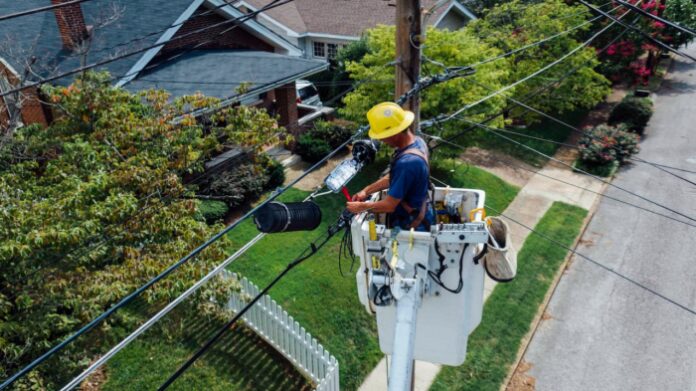Utility deregulation is a hot-button issue, with strong arguments on both sides. As consumers, we must cut through the noise and understand the potential advantages and disadvantages of this pivotal shift in energy policies. This article aims to demystify utility deregulation and discuss its pros and cons to help consumers better understand this much-debated issue.
Understanding Utility Deregulation
Utility deregulation refers to the process of removing governmental control over energy markets, allowing private companies to compete for consumers’ business. Instead of relying on a single, government-regulated utility provider, energy consumers are free to choose from an array of providers, with each offering different pricing structures, energy sources, and services.
In some states like Texas, this freedom of choice has been implemented through online platforms which aid consumers in finding and comparing energy providers. The Power to Choose Texas initiative is one such example, where residents can explore various energy plans and choose the one that best suits their needs.
The Pros
There are several advantages to utility deregulation that can result in benefits for both consumers and the energy industry as a whole:
- Competitive Pricing: In a deregulated market, consumers can shop around and select from available energy providers, often leading to competitive pricing based on supply and demand.
- Innovation: Competition can drive innovation in the energy sector, with providers developing new technologies and services.
- Efficiency: Deregulation can result in increased overall efficiency as businesses work to streamline processes, reduce costs, and improve customer satisfaction.
- Customization: Consumers can choose from a variety of service offerings, tailoring energy usage according to personal needs and preferences.
The Cons
However, there are also potential disadvantages that come with utility deregulation. These can include:
- Market Volatility: Fluctuating prices can be a concern in deregulated markets as supply and demand dictate market rates, which may mean increased prices for consumers during peak demand times.
- Deregulation Failures: Some deregulation attempts have led to market failures, most notably the 2000-2001 California electricity crisis, which resulted in rolling blackouts and drastically increased energy prices.
- Consumer Confusion: With a greater number of choices, consumers may find it difficult to make informed decisions regarding energy providers and service offerings.
- Decreased Reliability: The potential for multiple energy providers operating on an already strained infrastructure could result in increased instances of blackouts and power outages.
Long-term Effects of Utility Deregulation
As utility deregulation continues to evolve, its long-term effects on energy markets and consumers remain uncertain. Deregulated markets are especially susceptible to unforeseen market forces and can be influenced by external factors, such as changes in regional or global energy policies. As a result, it is crucial for governments, regulatory bodies, and energy providers to monitor and adapt to potential shifts in the market.
Utility deregulation may have mixed effects on the adoption of renewable energy. On one hand, consumers may actively seek out providers that offer renewable energy options, thus driving market demand. On the other hand, there’s a risk that traditional energy sources will still dominate the market if they are more economically viable or convenient for providers.
Consumer Perspectives
Consumers play a critical role in the success of utility deregulation. By staying informed about their energy options, advocating for greater transparency within the marketplace, and demanding higher standards from providers, consumers can drive the improvements and innovation necessary for a successful and sustainable deregulated energy market.
Utility deregulation is not unique to the United States. Countries around the world have experimented with various forms of energy market liberalization, with varying degrees of success. As such, a comparative analysis of international case studies can provide valuable insights into the potential risks, benefits, and best practices for deregulated energy markets globally.
Regulatory Oversight
Though utility deregulation aims to reduce governmental control, some level of oversight is still necessary to protect consumers from potential market manipulation and anti-competitive behavior by energy providers. This can be a challenging balance for regulatory bodies to maintain.
Utility deregulation has its potential benefits, such as competitive pricing, increased innovation, and greater efficiency. However, there are legitimate concerns about market volatility, implementation failures, and consumer confusion, among other issues. As consumers, it’s crucial to stay informed about the ever-evolving energy landscape and understand the implications of policies like utility deregulation on our daily lives and energy choices.
Find a Home-Based Business to Start-Up >>> Hundreds of Business Listings.

















































